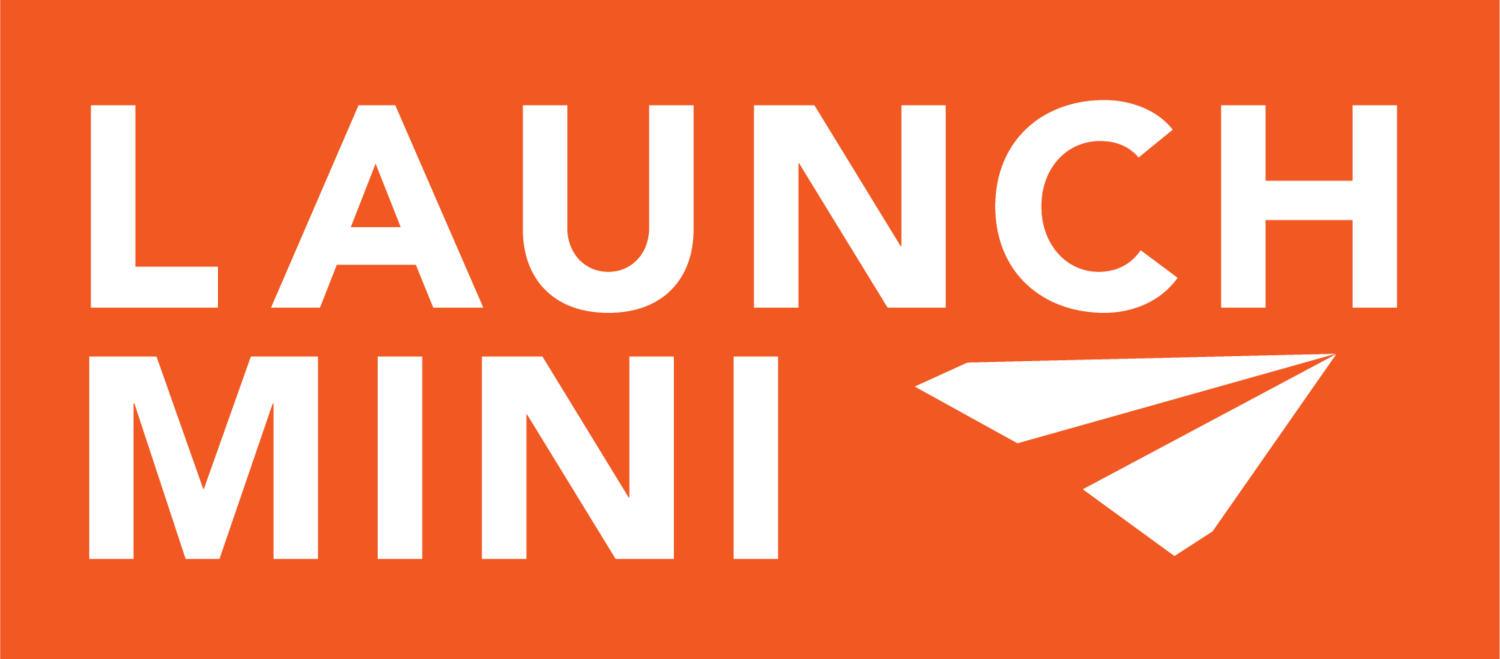3 Things to Know for Your Job Interview - by Allison Bruns (Part 2)
/What does "preparing for an interview" mean anyway?
As a senior in college, people have told me that I must prepare for interviews more times than I'd care to count. However, it's hard to know what that means exactly. How do you prepare for an interview when you don't know what they will ask you? Don't be confused any longer. I'm here to break down what this all means and my top tips to prepare for an interview.
1. Know the company
Okay, so this one might be obvious. It is imperative that you know the company. They may not ask you directly about it, but it will help you frame your answers in more effective ways if you know who they are and what they do. My favorite ways to do this are to look at the company website and to look at Wikipedia. The company website helps you know what their values are, what they believe in, and give you some baseline for understanding what the company is trying to accomplish. On most company sites, there is an "About Us" page that always helps give useful information on this subject. The "About Us" page may not be easy to find, but it is well worth the time to review! If available, the Wikipedia page helps you to understand the history of a company. How did they get to the position they are in now? Companies, just like people, have backstories to explain why they are the way that they are. You will often find this story on Wikipedia.
2. Know the job posting
This point may seem a little less obvious, but it is beneficial to know the job posting. Read it carefully. You know exact details of what employers are looking for by intimately knowing the job posting. One of my tricks to track posting is to note where you are finding the job when you apply. If you know where you found it in the first place, you should be able to find it again. If you applied to the job in a career fair of by some other means than online, then do a bit of digging on online job boards to see where else it was posted. I like to look at the job posting and find 2-3 specific things where I could excel. By being able to speak directly to job posting versus talking generically about your skills, you help the interviewer to see better the value you could add to the company by your employment.
3. Know yourself
My summer internship is with a company that makes laboratory equipment. I am working on their Global Digital Marketing Strategy team to help develop their international communication skills. In the final interview, they asked me to speak to why I found the job attractive and why I applied. I could have lied and told them I was super into science. I could have told them exactly what they wanted to hear, that if I weren't in Public Relations, I would be doing lab work. It was the opportunity to develop lab technology that I couldn't pass up. I could have said all of these things. I didn't. Why? Because I know myself. I'm not any of those things. While I appreciate science technology, I am in no way a scientist. I started my answer with, "I have to be honest; I am not a scientist." What I said was as a communicator, I am passionate about taking complex topics and boiling them down to the heart of the message to relay those messages in a way which gives them meaning and value. That is the truth of what I found attractive of the job. Lying WILL NOT get you the job. Being authentic will. Know your strengths and weaknesses, know why you chose this profession, and speak confidently about what it is you can do. Authenticity will make you stand out, and it will help the company to see the real you.







